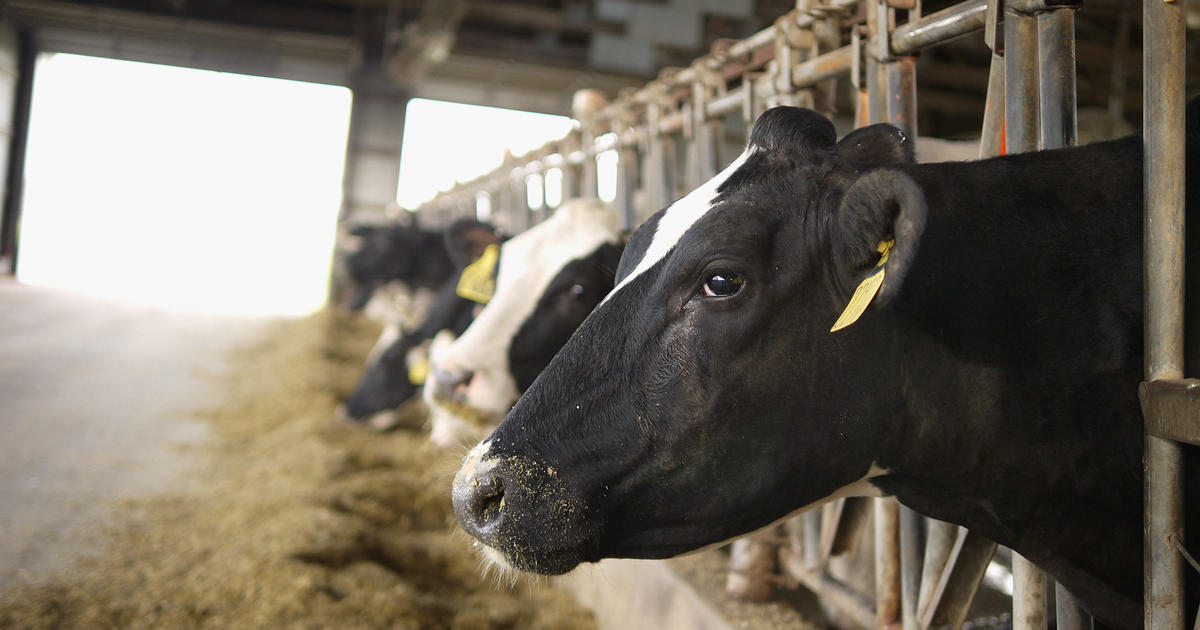Uncommon Human Case of Avian Influenza Contracted in Texas After Interaction with Dairy Cattle

A human case of avian influenza, also known as bird flu (H5N1), has surfaced in Texas following contact with potentially infected cattle, as disclosed by the Texas Department of State Health Services. This development follows recent reports from federal agencies indicating the spread of the virus among dairy cattle across various states, including Texas.
The individual affected, whose identity has not been disclosed, exhibited solely eye inflammation as a symptom. Testing conducted late last week confirmed the diagnosis, with the Centers for Disease Control and Prevention (CDC) validating the results over the weekend. Treatment has commenced with the antiviral medication oseltamivir, recognized for its efficacy against various strains of influenza, including influenza A and B, as well as the H1N1 swine flu.
“This individual is experiencing a mild case—confined to conjunctivitis, commonly known as pinkeye. It’s crucial to highlight that the infection hasn’t affected the lungs or led to pneumonia, which could facilitate person-to-person transmission,” stated health officials from Texas.
While human cases of bird flu can present a spectrum of symptoms ranging from mild, such as eye infections and respiratory issues, to severe complications like pneumonia and fatality, Texas authorities stressed.
This occurrence marks only the second instance of human infection with avian influenza in the United States, a virus primarily affecting wild birds but capable of transmission to domestic species. Its recent outbreak has led to widespread avian casualties globally, extending its impact to mammalian populations, including sea lions, seals, and even a polar bear.
Federal agencies announced last week the detection of the virus among dairy cattle, marking the first incidence of this specific infection in the U.S. dairy cattle population, affecting animals in Texas, Kansas, and Michigan.
Despite its transmission to an individual, the Texas health department reaffirmed the “extremely rare” nature of bird flu spreading from person to person. They further assured that initial testing indicates no mutation in the virus that would enhance human-to-human transmission.
Dr. Gounder echoed reassurances, stating, “Concern is warranted only for those who have had direct exposure to infected birds or cows, or close contact with infected individuals.”
The last reported case of bird flu in the U.S. occurred in Colorado in 2022, involving a person engaged in the culling of potentially infected poultry, who later reported fatigue but recovered following isolation and oseltamivir treatment.
Transmission to humans typically occurs through contact with infected birds or their secretions, with symptoms resembling those of regular flu, including fever, cough, sore throat, fatigue, and respiratory difficulties. Notably, conjunctivitis sets avian influenza apart from seasonal flu.
Healthcare providers have been advised to remain vigilant, particularly for patients with conjunctivitis who have had exposure to affected animals, as severe cases can lead to respiratory failure and other life-threatening complications.
While officials underscored the low risk to the general public, promoting hygiene practices such as handwashing, cough etiquette, and staying home when sick, they also cautioned against consuming raw unpasteurized milk due to potential health risks, unrelated to bird flu, associated with dairy cattle. Pasteurized milk, commonly available in stores, remains safe for consumption.




